The dietary supplements department is a zone of mystery and intrigue to many shoppers. Vitamin D capsules and tulsi tinctures. Ayurvedic teas, reishi mushroom powders and melatonin-infused gummies. Whereas the canned vegetable section is straightforward, a store’s supplement aisles can confuse, if not intimidate, shoppers.
For most natural products retailers, supplement sales are vital for success, making it critical for staff to get a handle on this complex category. Looking to bolster the supplements slice of your retail pie? Take a look at this installment on vitamins and minerals.
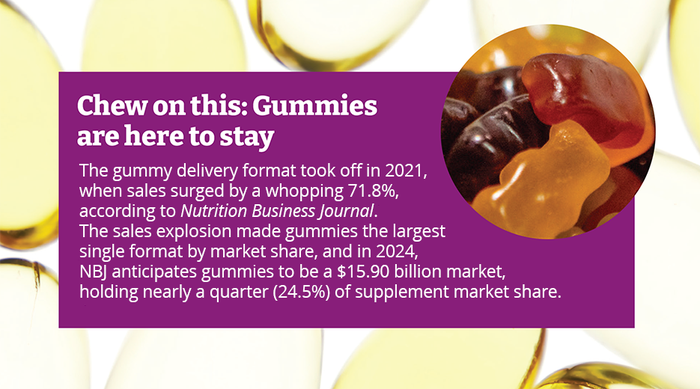
The broad supplement category also includes vitamins, minerals, sports nutrition and meal replacements, and specialty supplements as subcategories.
Many people who roam the supplement aisles are looking for nonprescription products to address various wellness concerns, and they can find these solutions in a variety of forms. Supplements come in tablets, tinctures, gummies, shots, capsules, powders, topical creams and more.
Understanding vitamins
Many people refer to all supplements as vitamins, but in fact, the word vitamin describes just 13 substances needed for normal cell function. The body requires healthy reservoirs of each—vitamins A, C, D, E, K, B1 (thiamine), B2 (riboflavin), B3 (niacin), B12 (cyanocobalamin), B5 (pantothenic acid), B6 (pyridoxine), B7 (biotin), and B9 (folate or folic acid) —to function properly
Vitamins dominate the supplements market, representing just shy of 30% of sales, according to NBJ. But they aren’t exactly sexy. Vitamins are more behind-the-scenes workhorses than flamboyant Triple Crown thoroughbreds. Despite the lack of buzz, the category can quietly help retail supplement sections end the year in the black.
Vitamins performed extremely well during Covid, rising by 22.3% in 2020, according to NBJ. But that trajectory, carried in part by consumers’ keen interest in vitamin C, fell back to Earth shortly after. Vitamin sales growth hit negative territory in 2022 (-2.5%) and are expected to remain negative (-0.5%) in 2024.
Still, retailers really shouldn’t worry. Vitamins are a very mature category, and outside of a major marketplace disrupter like a pandemic, mature categories typically don’t grow or shrink much from year to year. What matters most is that vitamin sales remain strong: NBJ estimated north of $18 billion in 2023.
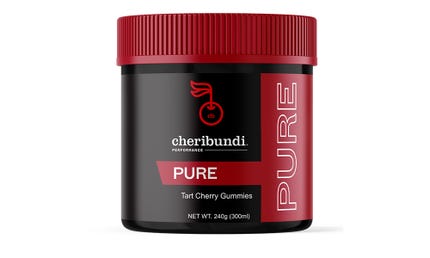
Cheribundi Pure Tart Cherry Gummies
These flavorful bursts of antioxidant-rich tart cherry bring the botanical’s many wellness benefits to the gummy form. Tart cherry’s unique balance of compounds supports the immune system, muscle recovery, joint comfort and healthy sleep patterns. Each serving is equivalent to three heaping handfuls of cherries. SRP: $29 Booth: N722
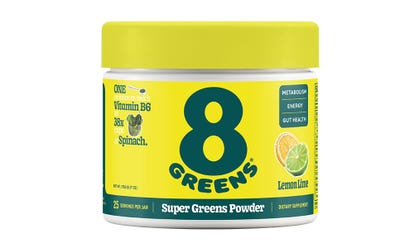
8 Greens Super Greens Powder
We all know greens are good for us, but we don’t always munch enough of the broccoli, kale, peas and other green goodies that support our health and boost vitality. Each serving of this lemon-lime-flavored powder packs in the vitamin B6 equivalent of 38 cups of spinach, the B5 equivalent of 10 cups of broccoli and enough zinc to match 27 cups of beet greens. Greens include spinach, kale, aloe vera, wheatgrass, blue green algae, barley grass, chlorella and spirulina. SRP: $34.99 Booth: N2241
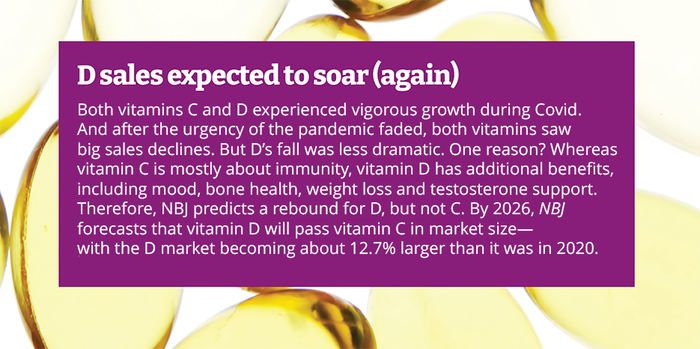
Understanding minerals
As with vitamins, the list of minerals is tidy. Just five minerals are considered major: calcium, phosphorous, potassium, sodium and magnesium. So-called trace elements constitute the rest of the minerals list: iron, chlorine, cobalt, copper, zinc, manganese, molybdenum, iodine and selenium.
But are the iron capsules we swallow the same thing as iron found in rocks? No. Soil minerals are inorganic compounds that dwell in earth. Food minerals, on the other hand, are organic compounds. Plants absorb inorganic compounds like iron from the soil and convert them into organic compounds, at which time they become available to humans.
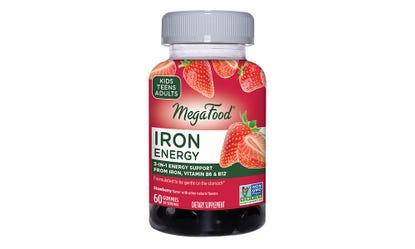
MegaFood Iron Energy Gummy
Get three-in-one energy support from these vegan gummies’ blend of iron and vitamins B6 and B12, all of which promote production of red blood cells and cellular energy. They also are low in sugar, easy on the gut and gentle enough for the whole family. Plus, the strawberry-flavored gummies taste fantastic. SRP: $24.99 Booth: 3851
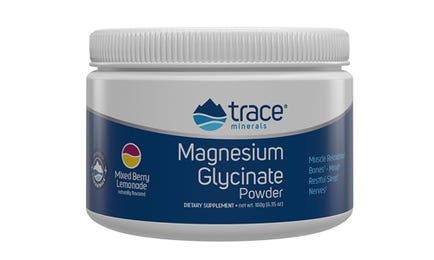
Trace Minerals Magnesium Glycinate Powder
Supplementing your magnesium couldn’t be easier than with this mixed-berry-lemonade-flavored powder from Trace Minerals. This ultra-absorbable form of magnesium supports bones, nerves and digestion and promotes quality sleep. What’s more, the company is so confident in its product that it offers customers a Feel the Difference Guarantee. SRP: $20.99 Booths: N429, 3605
Read more about:
Natural Products ExpoAbout the Author(s)
You May Also Like
.png?width=700&auto=webp&quality=80&disable=upscale)




